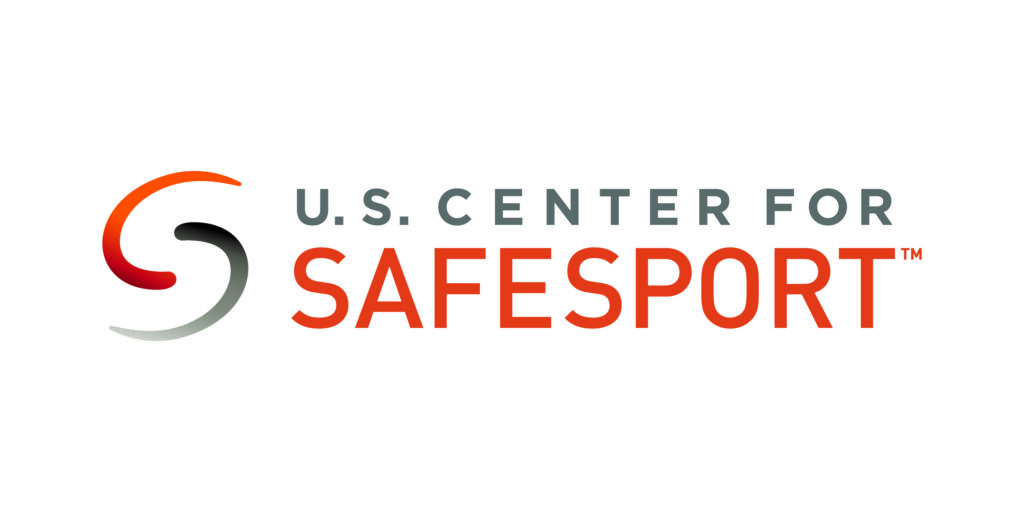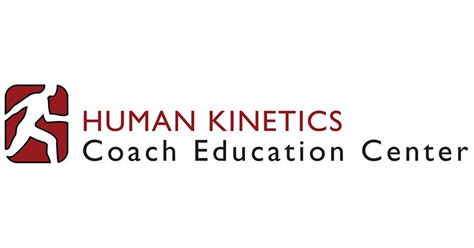VOLUNTEER TODAY
Empowering Youth In Foster Care Through The Science Of Connection, Movement, and Meaningful Belonging
Connection
Foster Kinship Sports fosters trusted, trauma-informed relationships that rewire the brain through consistent, safe, and affirming adult-youth engagement.
Movement
We use structured athletic activity as a trauma-responsive tool to regulate stress, build identity, and restore mind-body harmony.
Belonging
Our programs create lasting team environments where foster youth are seen, valued, and rooted in community, not defined by circumstance.
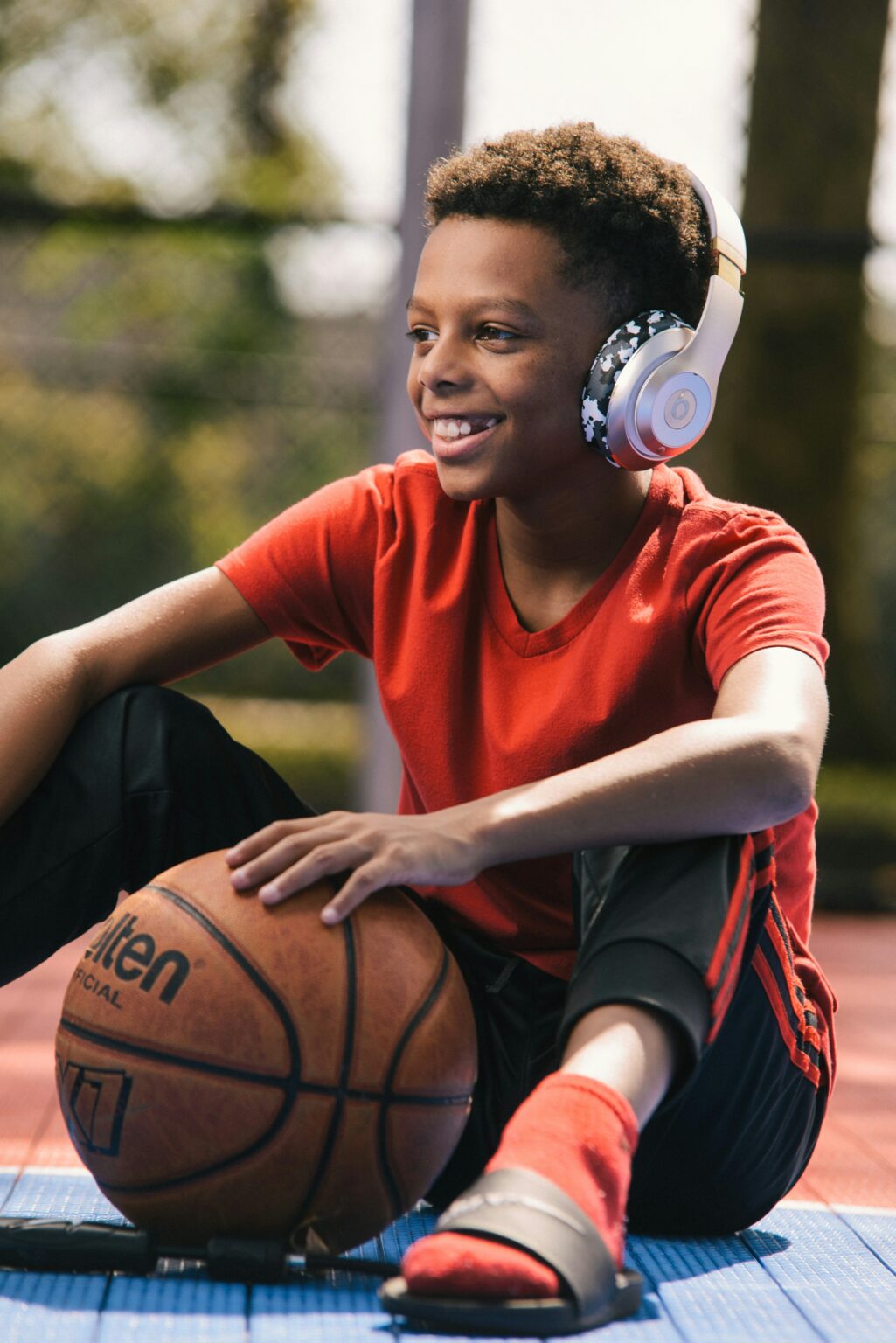
The Science of Empowerment - Why It Begins With the Brain
The foundation of empowerment begins long before a child enters a classroom or joins a sports team. According to the Brain Story research—led by the Alberta Family Wellness Initiative—early life experiences, especially those shaped by adversity, have a profound and lasting impact on brain architecture. Chronic stress, trauma, and disrupted attachment during critical developmental windows can weaken the pathways that govern executive function, emotional regulation, and resilience. For youth in foster or kinship care, whose early environments often included neglect, instability, or separation from primary caregivers, these effects can manifest as difficulty concentrating, behavioral outbursts, or withdrawal. However, the research is not only a roadmap of risk—it is a framework of hope. The plasticity of the developing brain means that, with consistent positive relationships and experiences, healing and growth are not just possible—they are expected.
Foster Kinship Sports draws from this science to position its programming not as extracurricular, but as neurobiological intervention. Through structured, trauma-informed sports and mentorship, we create environments rich in “serve and return” interactions—those back-and-forth exchanges that rewire trust, safety, and connection. Our coaches and mentors, trained in the principles of brain development and attachment theory, act as stabilizing figures who offer predictability, encouragement, and emotional presence. Empowerment, in this context, is not simply about teaching kids how to win—it’s about restoring the developmental conditions that allow them to even believe they can.
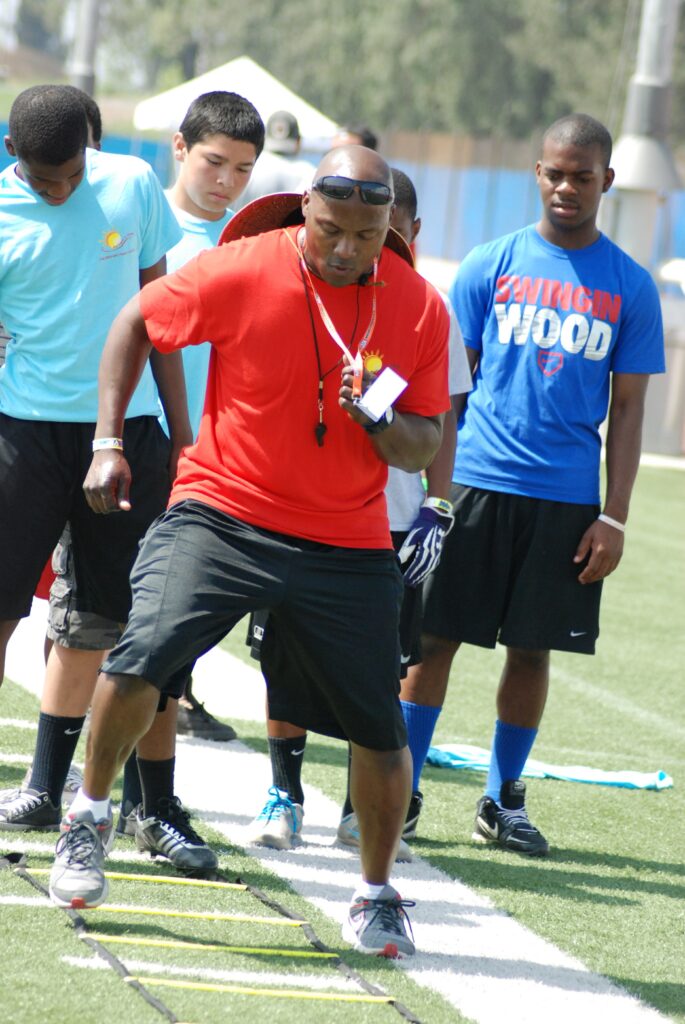
Belonging Heals - Social Connection as a Developmental Necessity
The opposite of trauma is not simply safety—it is connection. Empowerment is inextricably linked to belonging. Youth in foster and kinship care often carry an internalized narrative of abandonment or exclusion, reinforced by frequent placement changes, lost peer relationships, and social stigma. The Brain Story teaches us that relationships are the active ingredient in building healthy brains. In fact, supportive and stable human connection is a primary predictor of long-term success for children from adverse backgrounds.
Foster Kinship Sports creates what many of these youth have never truly experienced: a team that stays. Within this environment, the child is not “the foster kid”—they are the striker, the goalie, the leader of the warm-up drills. Our program builds peer communities where children feel safe enough to trust, known enough to be seen, and valued enough to believe they matter. These feelings aren’t just emotionally nourishing; they are cognitively protective. Belonging reduces cortisol, strengthens memory, and fortifies the child’s capacity to focus, learn, and plan for the future. In short, we engineer belonging so that empowerment can take root.
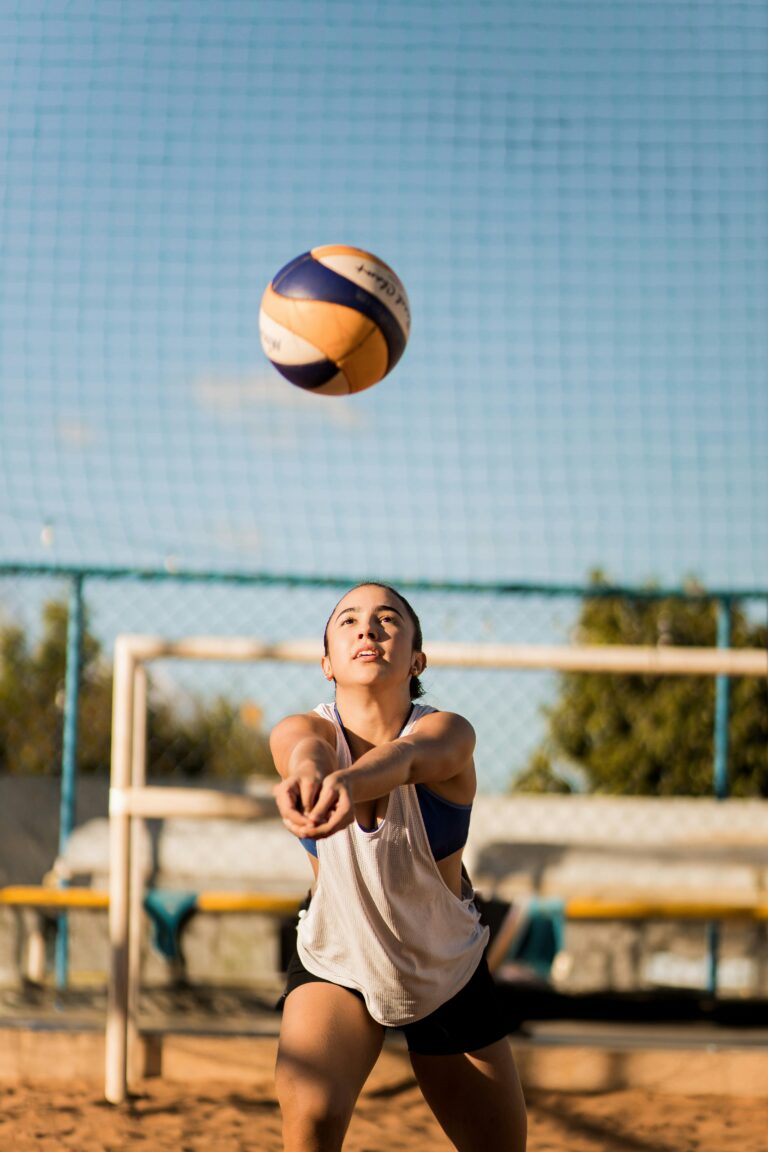
Movement as Medicine - Athletic Identity as a Catalyst for Growth
Physical activity is more than play—it is medicine. For youth coping with trauma or dislocation, the body often becomes the primary site of stored stress. Through sports, Foster Kinship Sports provides a regulated space for youth to discharge toxic stress through movement, regain a sense of control over their physical selves, and strengthen the neural pathways between mind and body. As the Brain Story outlines, positive experiences that engage the body—especially those involving rhythm, coordination, and repetition—can help calm the overactive stress response systems so common in children exposed to adversity.
Empowerment begins when the child begins to see themselves not as broken, but as capable. Athletic identity—fueled by achievement, teamwork, and a sense of mastery—becomes a vessel through which self-esteem and self-efficacy are reborn. Children who once saw themselves as “a case number” or “a burden” begin to see themselves as teammates, leaders, and contributors. This shift is not symbolic—it is neurologically real. With every practice, game, and encouragement from a coach, we help rewire what the child believes about who they are and what they deserve.
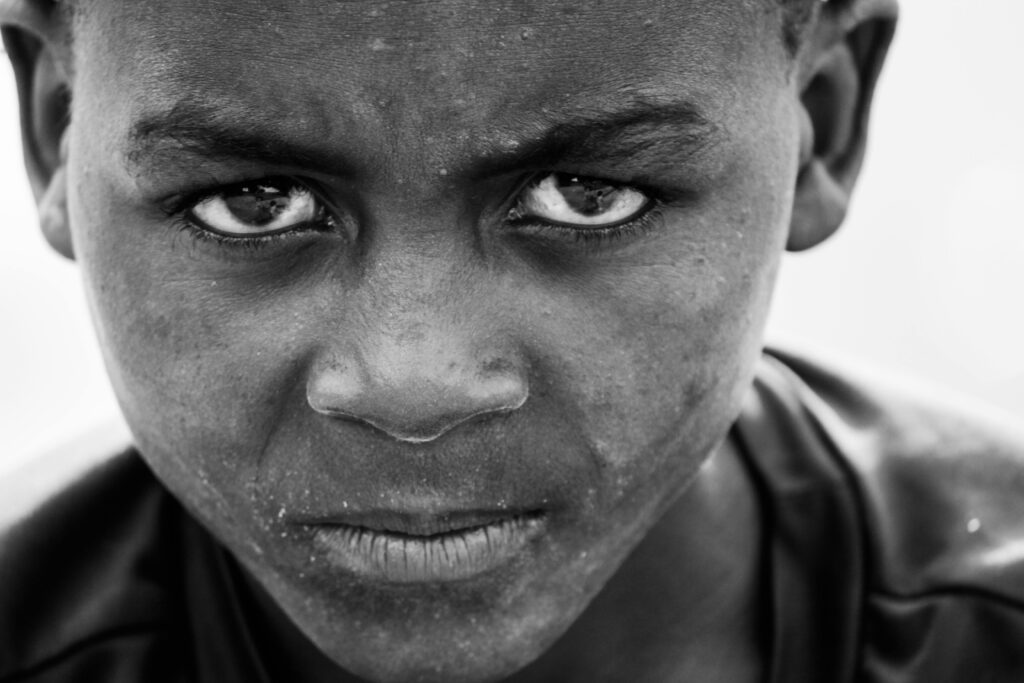
Purpose Reclaimed - From Surviving to Leading
True empowerment is not achieved when youth are merely helped—it is when they are entrusted. One of Foster Kinship Sports’ most ambitious commitments is to transform participants into future mentors, coaches, and community builders. When a young person sees their story not as a source of shame but as a source of strength, they begin to lead not in spite of their experiences, but because of them. This sense of purpose is a powerful force—it builds internal motivation, fosters long-term planning, and affirms that the future is something they are allowed to shape.
For youth aging out of care, purpose is a lifeline. Without it, statistics show they are more likely to encounter homelessness, unemployment, or incarceration. With it, they are more likely to graduate, engage in prosocial behavior, and break intergenerational cycles. Through leadership tracks, employment training, and public storytelling opportunities, we place former participants in positions of visibility and influence—modeling for younger youth what empowerment looks like in real time. The brain changes when we believe we matter. And when youth are given the tools, trust, and time to lead, they don’t just recover—they rebuild.
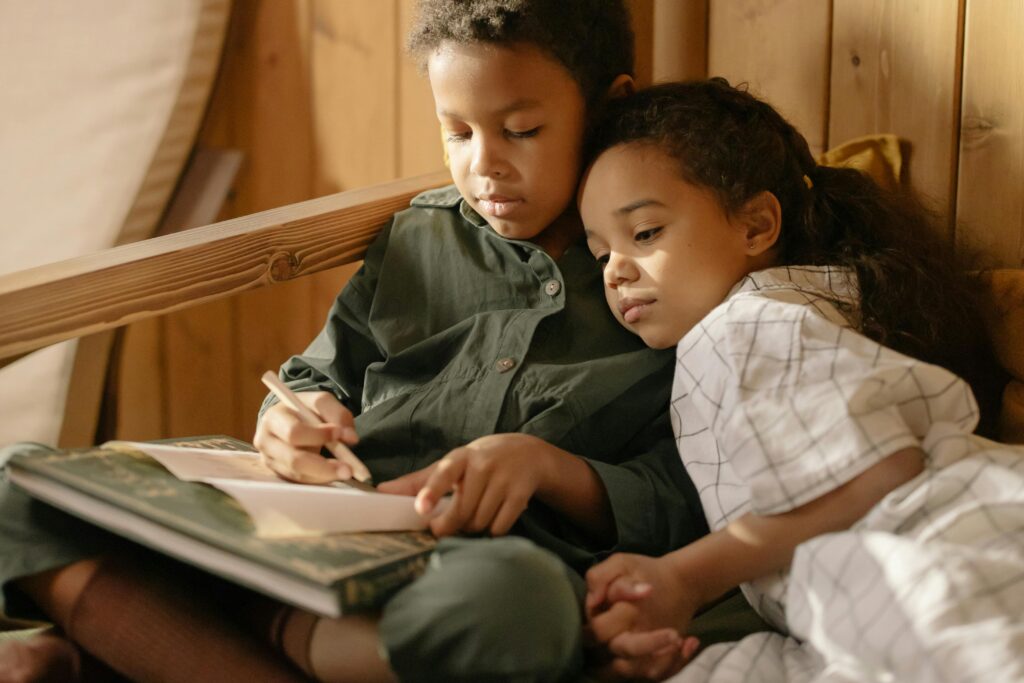
Empowerment as Policy, Practice and Principle
Empowerment must be systemic to be sustainable. Foster Kinship Sports is not just building better athletes—we are advocating for better systems. We engage with policymakers, educators, and child welfare professionals to shift the narrative from “what’s wrong with them” to “what happened to them—and what can we do to help?” The Brain Story underscores the long-term economic, educational, and public health costs of unaddressed childhood adversity. Empowering youth is not a charitable gesture—it is a policy imperative.
Our programs serve as both sanctuary and signal—a sanctuary for those currently in the struggle, and a signal to communities and systems that these youth are not invisible, and their potential is not optional. Empowerment is no longer just a word we use in mission statements—it’s a measurable outcome, informed by brain science, proven in practice, and witnessed in every child who enters our program and leaves believing they were made for more.
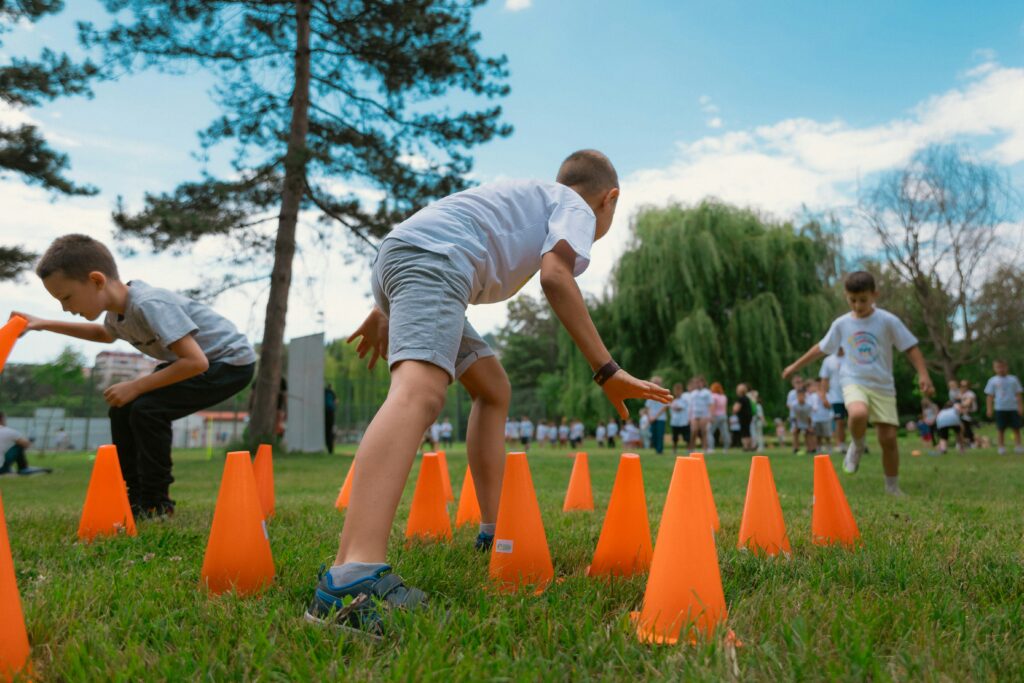
Restoring Stories Through Sports
Empowering youth in foster and kinship care means giving them more than services—it means giving them back their story. At Foster Kinship Sports, we are guided by the science of the brain, the wisdom of lived experience, and the conviction that movement, mentorship, and meaningful connection can repair what trauma has fractured. We don’t just train athletes. We transform lives.
U.S. Center for SafeSport Protecting Athletes
The U.S. Center for SafeSport is dedicated to ending abuse in sport through policy, education, and accountability, ensuring a safe environment for every athlete.

